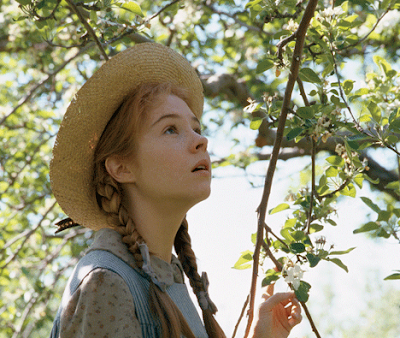Literature plays a profound impact on our artistic world. It could be debated that Harry Potter, written by J.K. Rowling, has defined our modern generation. And of course, you have the classics such as George Orwell’s 1984 and The Picture of Dorian Gray by Oscar Wilde, to name a couple, whose texts have transcended years and continue to remain important pieces in today’s society and education systems.
One particular classic, which I would like to share with you, is the Anne of Green Gables series by L.M. Montgomery. Just over a hundred years old, this series has won the hearts of millions of young children, especially girls. Anne of Green Gables, for me, was the most influential book of my childhood. I could never get enough of Anne and her fiery personality. I remember racing to the library to pick up each new development in the series once I finished the preceding novel.

So what makes Anne Shirley, the protagonist of this series, and Montgomery’s writing so special?
Mark Twain, for one, called Anne “the dearest and most lovable child in fiction since the immortal Alice”, and time has shown that this series has remained a memorable one in the hearts of kindred spirits everywhere.
Books like Anne of Green Gables question the role of literature in our society and writing as an art. If you have not already done so, I would very much encourage the reading of this timeless tale. Anne is a character to fall in love with, as boys and girls throughout the past hundred years agree.


There is a powerful psychological connection between literature, music, poetry and art and particular moments in human development. As children grow, they (hopefully) come in contact with many different examples of high quality, and at the right moment (in their development) they “attach” to particular cultural examples. This is one of the reasons why each successive generation is particularly nostalgic for the music (whatever it was) that they were hearing during crucial moments in their development (“crucial” often means particularly emotional, and that is often the time of adolescence – therefore, whatever you were listening to between about 12 years old and about 17 becomes the soundtrack for much of your life.) Though you didn’t intend it, this makes me think of how important it is to provide literature and music and cultural perspective to young children. Without it, they are missing an important piece of their developmental background.